
Cellulitis is a severe inflammation of the connective tissue of the skin and subcutaneous layer of skin. It is caused by exogenous bacteria (streptococci and staphylococci) that inhabit the normal intestinal flora of the skin. However, due to cuts, blisters, cracks in the skin, burns, insect bites, surgical wounds or intravenous catheter insertion, bacteria enter under the skin and in the bloodstream causing infection. There are more potential for developing cellulitis infection: animal bites, tattoos, subcutaneous injection, pregnancy, diabetes, obesity and drug injection. Cellulitis can occur on any part of the body, although it usually attacks the skin on the leg especially the ankles and lower leg.
The skin affected by cellulitis is hot, swollen, red and painfully sensitive. Infection may be accompanied by increase of temperature, chills, fever, headaches, vomiting and exhaustion.
Most chances to be affected by this infection has got older population, people with poor immune system and diabetics which are prone to have cellulitis of the feet due to impaired blood circulation in the legs and poor control of blood sugar level that allows bacteria to spread freely through the affected tissue and enter the bloodstream. In addition to this group of people, those who live in densely populated unhygienic conditions, such as military facilities, college hostels, care homes and shelters for the homeless are also susceptible to cellulites.
Cellulitis needs to be treated by antibiotics. In addition to the standard methods of treatment, there are several alternative ways for strengthening the immune system in order to faster overcome the symptoms of cellulitis. These methods involve using variety of herbs. Before applying herbal medicines on the open wound consultation with the doctor is necessary.
Herbal medications for oral use are:
1.Echinacea has a number of anti-inflammatory properties which help increasing immunity. It can be used orally in quantities of 500-1000 mg three times per day, or as 15% cream that is applied to the affected place.
2.Picnogenol should be taken in doses of 200 mg per day. It is made from certain type of pine tree and helps skin healing.
3.Thyme should be used twice a day in a dose of 1-2 g. It is important to note that thyme can not be combined with blood-thinning medication. Also, should not consume thyme oil because it could be poisonous.4.Gotu kola stimulates skin regeneration, but should not be applied in cases of anxiety and high blood pressure. It Takes 60 mg per day in two divided doses.
Medications that apply to the skin include:
1.Yarrow is recognized in the UK as a remedy for infected skin. It is used topically as a bath of 100 g yarrow and 5 gallons of hot water.
2.Goldenseal root is antiseptic that reduces inflammation and bacteria. It is made in the form of paste and applies on the affected place twice a day.
3.Marigold flower demonstrates positive effects on infected open wounds. It uses in the form of tea which is made by spreading 1-2 teaspoons dried flowers and leaving it to sit for 5-10 minutes. When cool, a clean and soft fabric soaks in tea and then applies to the infected area.
4.Tea tree oil kills bacteria and fungus. It is particularly effective against athlete's foot and prevents damaged skin to become infected.
5.Fenugreek seed contains flavonoids. 50 g fenugreek seeds should immerse in a little water and wait until it forms a thick paste. Then it should spread it over clean, soft cloth and bandage the affected place.


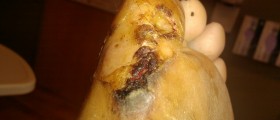
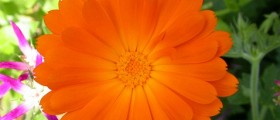
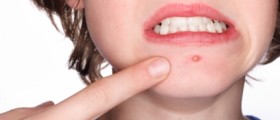

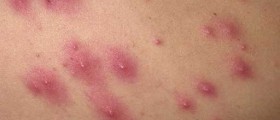
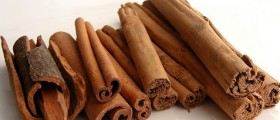
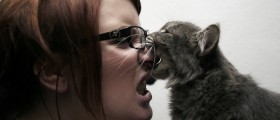
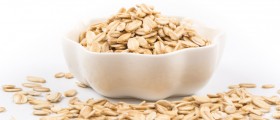

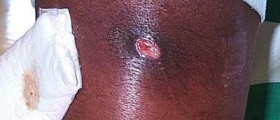
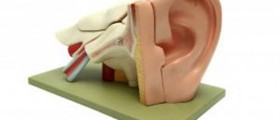
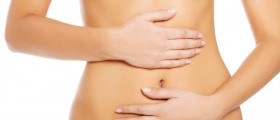

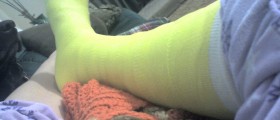
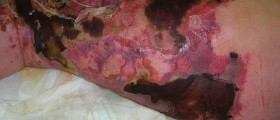
Your thoughts on this
Loading...